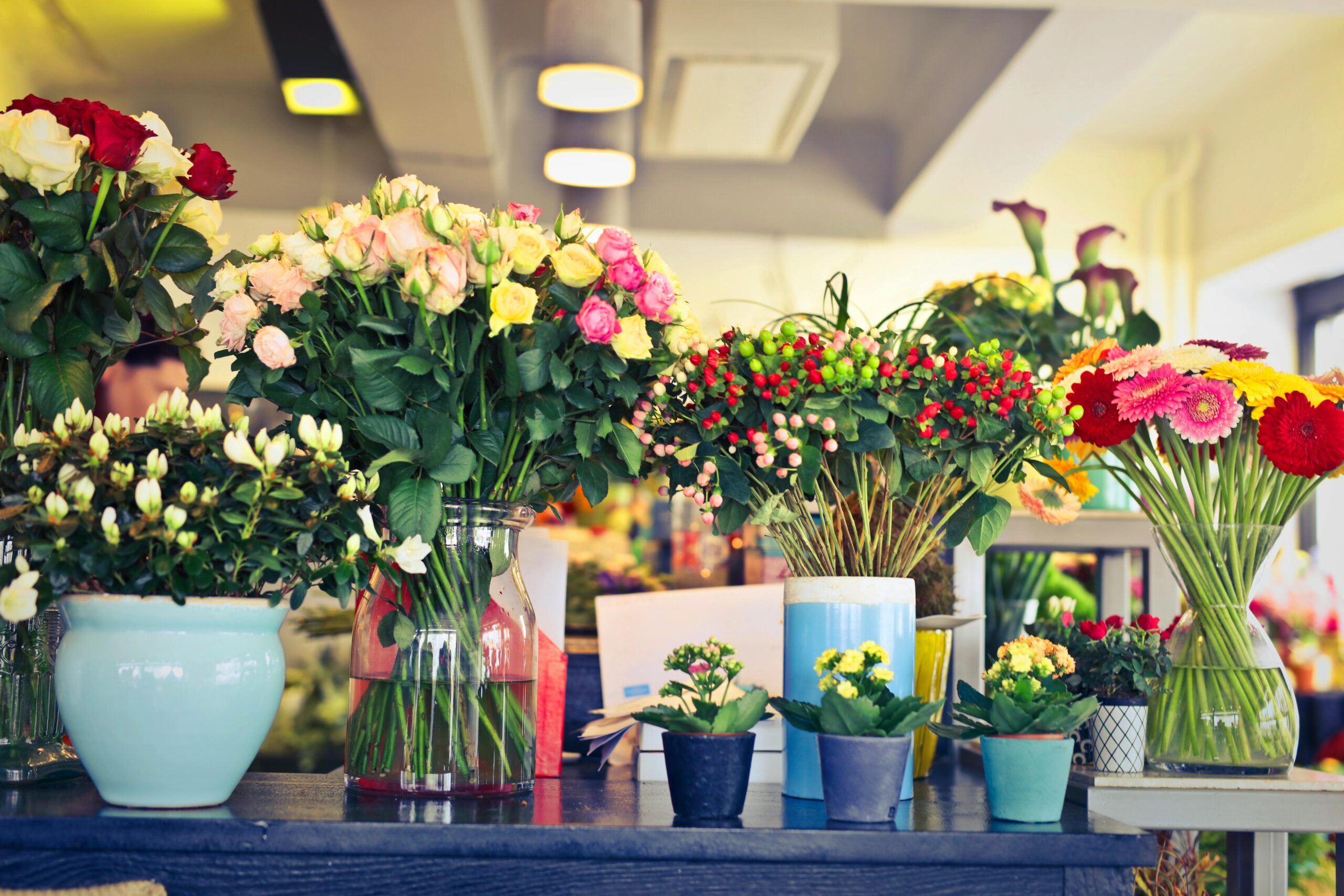Imagine someone tossing custom logo beach balls at a garden party. Eye-catching, playful, and impossible to ignore. The flowers have served that very role throughout human history—except with a touch more poetry and less PVC. Their presence has marked victories, love stories, funerals, revolutions, and even gossip whispered in Victorian parlors.

Flowers didn’t wait around for modern marketing. Ancient Egyptians were decorating tombs with lotus blooms thousands of years ago. They believed the flower symbolized rebirth. Meanwhile, in Greece, laurel wreaths crowned winners of the earliest games, making athletes smell faintly like bay leaves after sprinting in sandals. Practical? Not really. Symbolic? Absolutely.
The Language of Flowers
Fast forward to the 19th century, where Victorians perfected silent gossip through bouquets. A well-placed lily could signal purity, while a yellow rose might mean jealousy. Some poor souls probably got dumped by accident when someone misread a bouquet. It was basically the text messaging of its day, but slower and wilt-prone.
Politics, Power, and Petals
Revolutions and flowers sound like oil and water, but think again. The “Carnation Revolution” in Portugal literally saw red carnations tucked into rifle barrels. Peaceful, elegant, yet unmistakably bold. Then there’s Japan, where the chrysanthemum wasn’t just a flower—it became a symbol of the imperial family, stamping itself on coins, seals, and thrones.
Rituals Across Time
Weddings, funerals, and everything in between—flowers have never taken a break. Marigolds brighten altars during festivals. Orchids, at one point, were worth fortunes and traded like jewels. Even today, the bouquet toss at weddings is more than just a chance to break an ankle in high heels—it’s a nod to centuries of ritual.
From Fields to Medicine Cabinets
Beyond decoration, flowers crept into medicine. Chamomile for calming, lavender for headaches, poppies for far stronger remedies. Cultures leaned on them not as luxury items but as survival tools. A sprig of the right herb could mean relief in a world without pharmacies.



